Lawrence Lessig
Nacimiento : 1961-06-03, Rapid City, South Dakota, U.S.
Historia
From Wikipedia, the free encyclopedia.
Lawrence "Larry" Lessig (born June 3, 1961) is an American academic and political activist. He is best known as a proponent of reduced legal restrictions on copyright, trademark, and radio frequency spectrum, particularly in technology applications.
He is a director of the Edmond J. Safra Foundation Center for Ethics at Harvard University and a professor of law at Harvard Law School. Prior to rejoining Harvard, he was a professor of law at Stanford Law School and founder of its Center for Internet and Society. Lessig is a founding board member of Creative Commons, a board member of the Software Freedom Law Center, an advisory board member of the Sunlight Foundation and a former board member of the Electronic Frontier Foundation.
Description above from the Wikipedia article Lawrence Lessig licensed under CC-BY-SA, full list of contributors on Wikipedia.
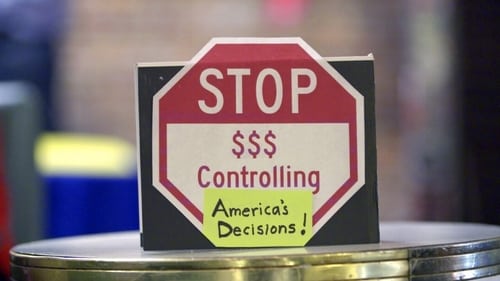
Self - Law Professor
En los Estados Unidos de América, los grupos de presión, las grandes corporaciones y los multimillonarios invierten millones de dólares para asegurarse de que un candidato adecuado, uno inclinado a apoyar sus ambiciones personales y proyectos económicos, gane una elección, lo que inevitablemente afecta a todo, desde la selección de los funcionarios locales hasta las elecciones presidenciales, crea innumerables conflictos de intereses y socava lo que supuestamente solía ser una democracia modelo.
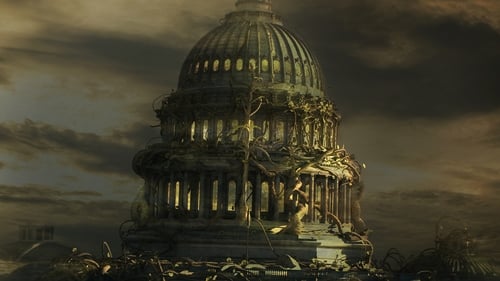
Self
Una mirada detrás de la cortina de la política de Washington siguiendo a tres congresistas republicanos "renegados" mientras aportan un celo libertario y conservador para defender el llamado del presidente de "drenar el pantano".
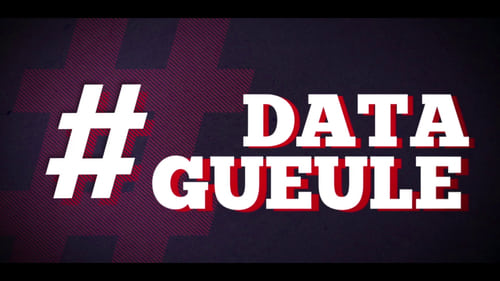
A year ago, thanks to the precious support of 7819 people, we started a journey in democracy (s). Over the weeks and months, according to meetings, exchanges and readings, we questioned this strange word: democracy. In France but also in Greece, Iceland, Belgium and Spain, we met citizens who are working to insert more democracy in their daily lives. Here is, in 90 minutes, the result of this adventure to try to grasp what this word contains.
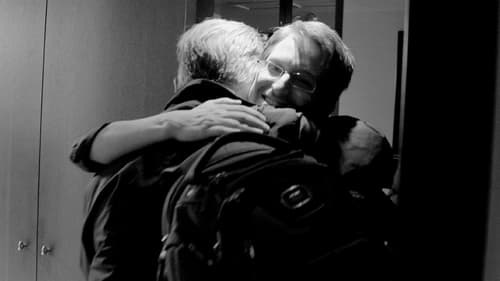
Self - Law Professor
Moscow, Russia, December 2016. Edward Snowden, Larry Lessig and Birgitta Jónsdóttir meet for the first time in a secret place. Apparently, Russia is interfering in the US presidential elections while it mourns the death of its ambassador to Turkey. Snowden carefully chooses his interviews, so nobody really knows something about him. As the world prepares for Christmas, they gather to discuss the only issue that matters, their common struggle: how to save democracy.
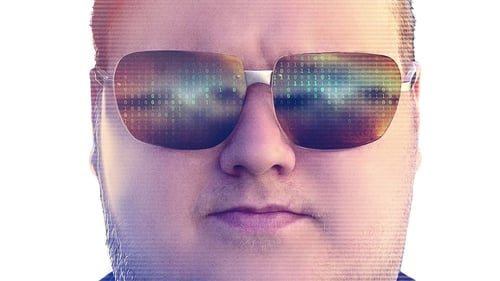
Himself
The larger-than-life story of Kim Dotcom, the 'most wanted man online', is extraordinary enough, but the battle between Dotcom and the US Government and entertainment industry—being fought in New Zealand—is one that goes to the heart of ownership, privacy and piracy in the digital age.

Himself
This Internet is under attack. Communications, culture, free speech, innovation, and democracy are all up for grabs. Will the Internet be dominated by a few powerful interests? Or will citizens rise up to protect it?
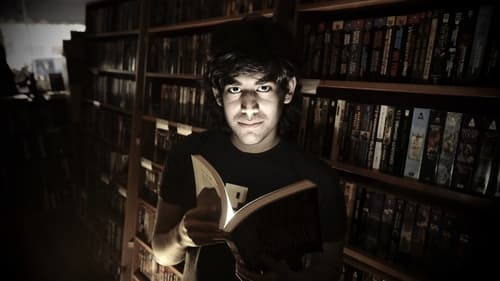
Self
Cuando era adolescente, Aaron Swartz era un prodigio de la programación informática con una sed insaciable de conocimiento. Después de emerger como un pionero del activismo en Internet, la educación y la política, fue acusado de varios cargos federales en 2011 y 2012, lo que desencadenó una compleja cadena de acontecimientos que dejaron a las oscilaciones de la comunidad de Internet. Poco después, a la edad de 26, Swartz fue encontrado muerto de un aparente suicidio en su apartamento de Brooklyn.
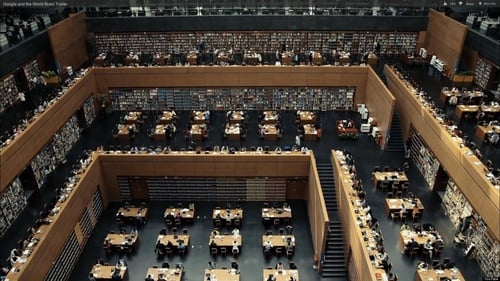
Himself
En 1937 HG Wells predijo la creación del Cerebro Mundial, una enorme biblioteca global que contenía todo el conocimiento y conduciría a una nueva forma de inteligencia superior. Setenta años después, Google puso en marcha la realización de ese sueño.
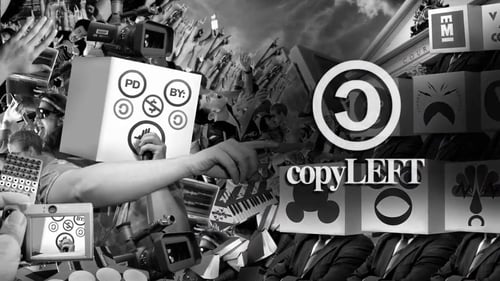
Himself
RIP: A Remix Manifiesto es un documental que profundiza en el copyright, la industria musical, la cultura y la tecnología, y que además está publicado bajo la licencia Creative Commons. Brett Gaylor, ciberactivista y cineasta, ha dedicado seis años a establecer relaciones entre el pasado, presente y futuro de la cultura, la creatividad, y el constante versus entre los movimientos copyright y copyleft.

Self
In 1998, university professor Kembrew McLeod (Associate Professor of Communication Studies at the University of Iowa) trademarked the phrase "freedom of expression" - a startling comment on the way that intellectual property law restricts creativity and expression of ideas. This provocative and amusing documentary explores the battles being waged in courts, classrooms, museums, film studios, and the Internet over control of our cultural commons. Based on McLeod's award-winning book of the same title, Freedom of Expression charts the many successful attempts to push back this assault by overzealous copyright holders. Freedom of Expression is an essential tool for educators, activists, filmmakers, students, artists, librarians, and more.

Himself
Directors Twila Raftu and Shaun Cronin explore the controversial issue of free data exchange and the growing impact of copyright legislation, intellectual property laws and digital rights management from the viewpoint of those dedicated to the unregulated flow of creative products and information. Advocates of "free culture," including Xbox hacker Andrew "Bunnie" Huang and underground rapper Adam "Doseone" Drucker, offer opinions and commentary.
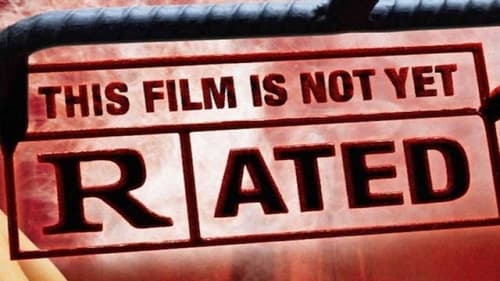
Self - Copyright Attorney and Author
Frustrado por el modo en que la Motion Picture Association Of America (MPAA) otorga la clasificación por edades en Estados Unidos para ver una película, un realizador contrata un detective privado para llevar a cabo un experimento... "This Film is not yet Rated" es un documental que cuestiona el arcaico y puritano sistema de dicha clasificación, otorgado por este poderoso organismo oficial, fundado en 1922. Una determinada clasificación puede hacer que la vida comercial de una película se vea en peligro, pues puede limitar la entrada al cine de mucha gente.












